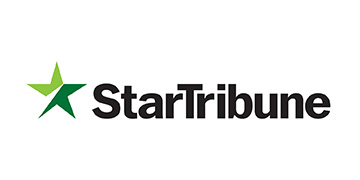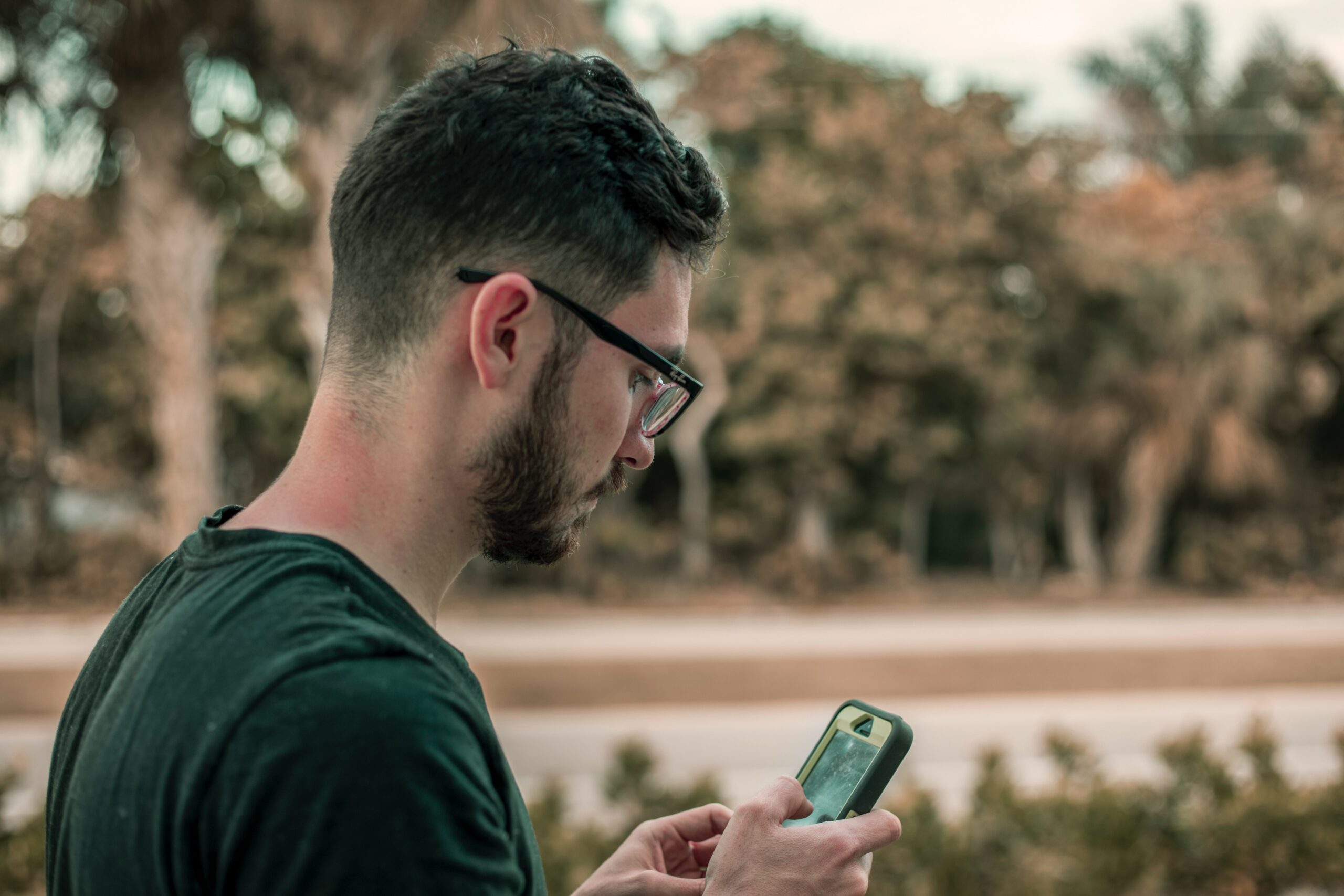Reboot in the News
News coverage, Reboot writings, and mentions of our work from around the globe.
Deploying disinformation as well as other asymmetric tactics, Russia attacked America’s 2016 election. “Russia’s goals were to undermine public faith in the U.S. democratic process, denigrate Secretary [Hillary] Clinton, and harm her electability and potential presidency. We further assess [Russian President Vladimir] Putin and the Russian Government developed a clear preference for President-elect Trump,” according to a 2017 report from the director of national intelligence.
Nobody likes to think they’re an easy mark for fake news. People don’t want to believe that they can be duped. But it turns out that Americans are far too confident about their Internet skills.
New research from our team suggests only 1 percent of Americans know how to truly identify a fake news website, and many don’t often take the extra steps to ensure the information they are reading and sharing is credible.
Helen Lee Bouygues in The 74
As schools around the world have transitioned to online education during the COVID-19 crisis, many are reporting frustration. One Israeli mother captured the anger of many in a video when she said, “If we don’t die of corona, we’ll die of distance learning.”
Helen Lee Bouygues in The New York Daily News
It’s not news that social media platforms like Twitter and Facebook can be hotbeds of rumor and misinformation. Spend anytime online, and there’s a friend of a friend retweeting some implausible bit of Kardashian news.
But the COVID-19 pandemic is showing that information on social media is particularly unreliable, a crapshoot of so-called advice that can have disastrous effects on public health.
Nicol Turner Lee in in the Brookings Institution
Schools have historically been the beneficiaries of public and private sector investments in digital infrastructure, programs, and other resources. Funding has been primarily directed at in-school internet connectivity, after school programs and a wide range of related activities, including teacher professional development, e-books, and on-site computer labs.
Esther J. Cepeda in the San Antonio Express News
My son, his best friend, Dave, and I were chatting over a pizza last weekend when Dave dropped some (absolutely incorrect) information: The elderly are forgoing nursing homes for cruise ships, because the room and board cost about the same, plus you get entertainment and travel.






